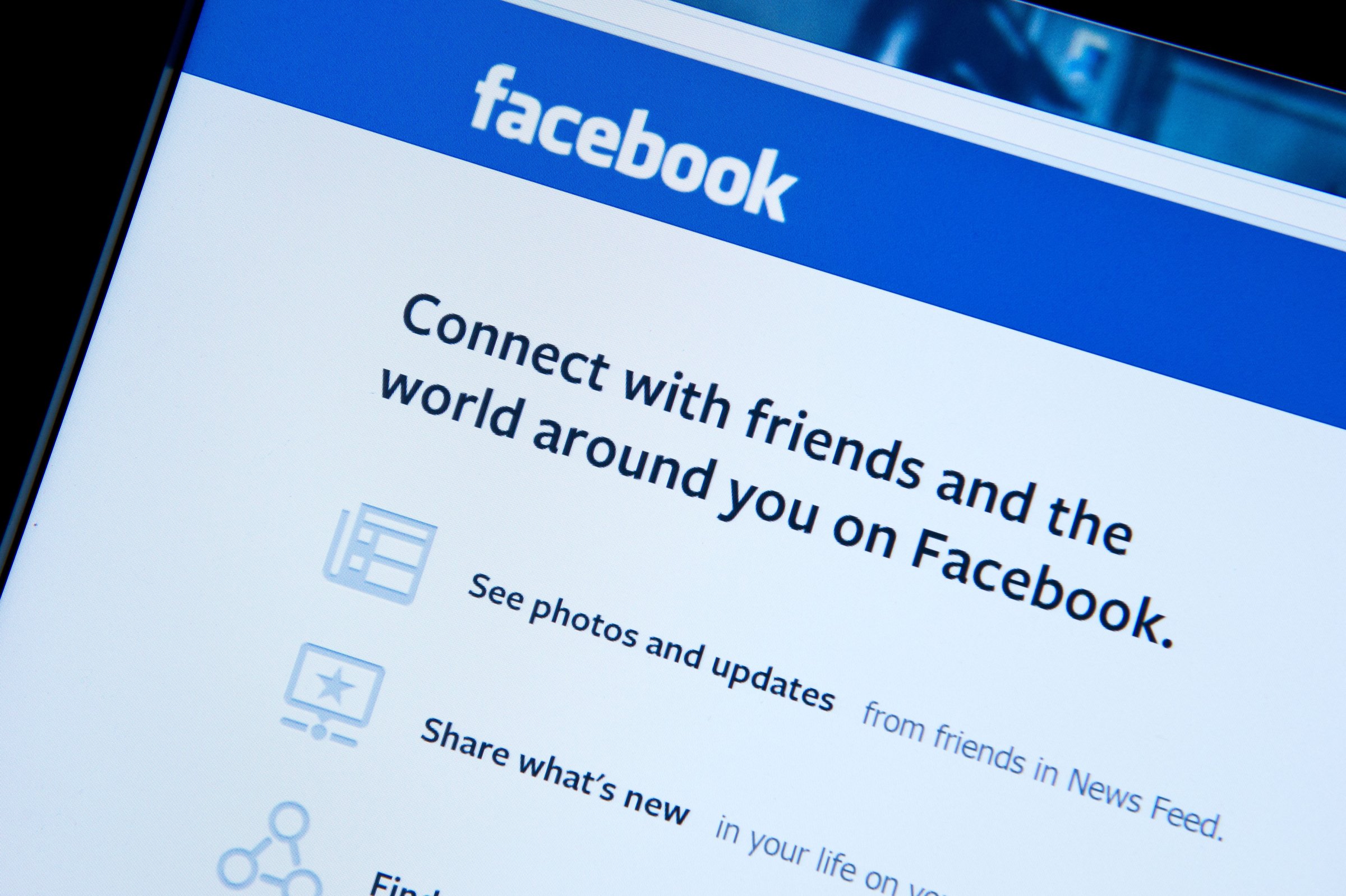
No-one can accuse the Russians of lacking a sense of irony.
Senior officials are urging their countrymen to abandon Facebook in favor of domestic social media, saying that the latter offer greater freedom of speech, after Mark Zuckerberg’s firm deleted a string of posts containing a slang Russian term for Ukrainians.
The news agency ITAR-TASS reported Igor Shchegolev, an aide to President Vladimir Putin as saying that switching to rivals like Vkontakte would help users avoid having their content blocked.
Shchegolev’s comments followed a 24-hour ban on Facebook for Maxim Ksenzov, who is deputy head of Roskomnadzor, Russia’s equivalent of the Federal Communications Commission, for using the term ‘khokhol’ in a post.
“Tolerance is fashionable at the moment (and I’m not talking about the religious notion). But I don’t want to be tolerant!!” Ksenzov wrote, according to The Moscow Times. “Soviet people are Soviet People. Sometimes khokhly are khokhly.”
The term, which originally referred to the long top-knot of hair worn by Cossacks, generally implies a sense of being backward peasants. In Russia, where the concept of liberal political correctness has struggled to make any meaningful headway, its use is still sometimes affectionate (if always patronizing).
Roskomnadzor is an unlikely champion of free speech by anyone’s standards: it has closed down over 10,000 websites for various offenses, often exploiting a vague definition of ‘extremism’ in recent legislation to shut down anything that smack of opposition to Putin and his regional satraps.
Even when sites aren’t closed, Putin loyalists in the Russian business arena are capable of ensuring that they don’t spread critical material. Pavel Durov, the founder and CEO of Vkontakte, fled the country last year after coming under pressure for allowing opposition leader Alexey Navalny and his supporters to post freely on the site.
Vkontakte is the most popular social network in Russia and enjoys a reputation as ‘the Russian Facebook.
Under its community standards, Facebook reserves the right to block hate speech, which it defines as attacks on others based on their race, ethnicity and nationality, among other criteria.
More Must-Reads From TIME
- The 100 Most Influential People of 2024
- The Revolution of Yulia Navalnaya
- 6 Compliments That Land Every Time
- What's the Deal With the Bitcoin Halving?
- If You're Dating Right Now , You're Brave: Column
- The AI That Could Heal a Divided Internet
- Fallout Is a Brilliant Model for the Future of Video Game Adaptations
- Want Weekly Recs on What to Watch, Read, and More? Sign Up for Worth Your Time
Contact us at letters@time.com